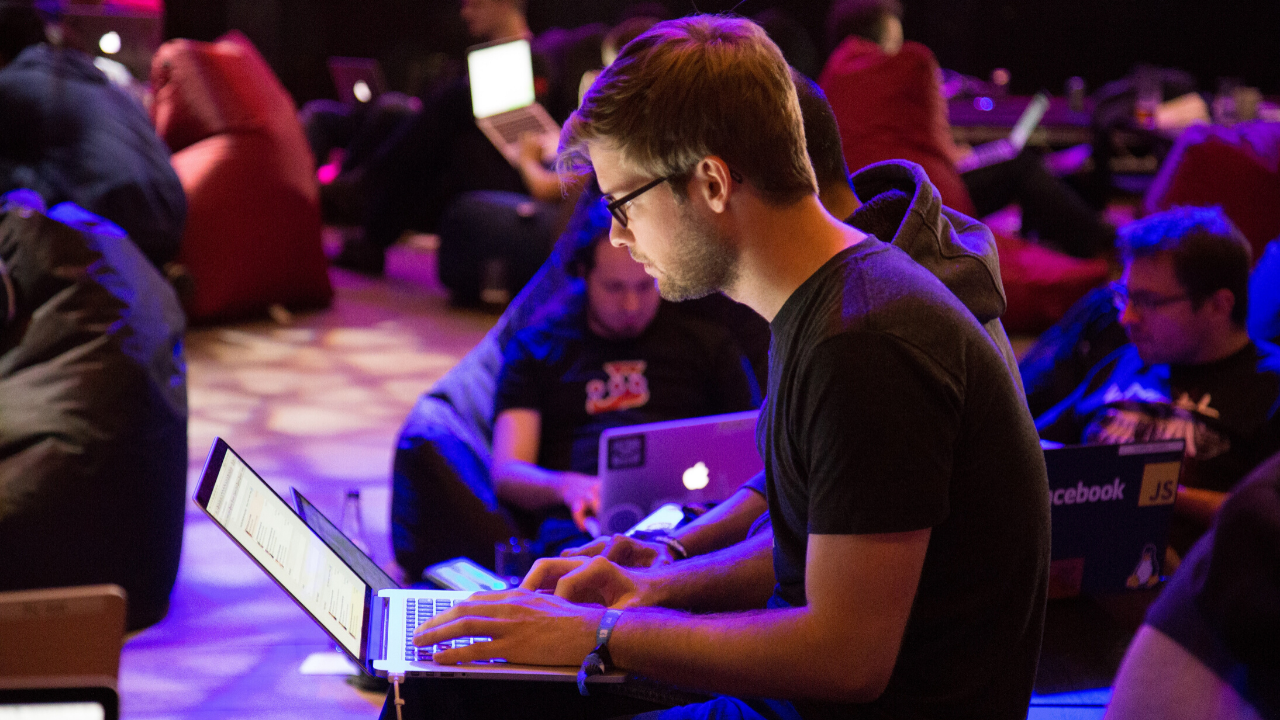Technology has completely transformed the way we work and has led to flexible working, coworking spaces and virtual offices to become more popularized.
At a panel in Birmingham featuring experts from IWG, which operates flexible office brands Spaces and Regus, technology was found to be the main factor in pushing the boundaries of everything we thought we knew about traditional offices.
Chris Kay, who leads IWG’s operations in Yorkshire and the Midlands, said that coworking spaces helps create more time for workers to focus on productivity as it cuts down on commute times.
“If they can find a collaborative, fully technologically setup centre close to their address to work from then they can get maybe ten hours back a week by not having a lengthy commute,” said Kay. “This enables them to take on a hobby or find better uses for that time and hypothetically reinvent their lives by just working slightly differently.”
Stuart Renshaw, head of global growth for AI firm Whisk, also said that remote working eliminates the idea of a “head office” that the company is based out of. In reality, the base office is just part of a distributed workforce much of the time.
Additionally, utilizing such workspaces serves as a tool in attracting and retaining new talent.
“We’re working with a large government client at the moment which has requested space for up to 90 people so we offered them 90 desks,” said Kay. “They came back and said they wanted collaborative desks, thinking areas, soft seating and different kinds of meeting spaces.”



 Dr. Gleb Tsipursky – The Office Whisperer
Dr. Gleb Tsipursky – The Office Whisperer Nirit Cohen – WorkFutures
Nirit Cohen – WorkFutures Angela Howard – Culture Expert
Angela Howard – Culture Expert Drew Jones – Design & Innovation
Drew Jones – Design & Innovation Jonathan Price – CRE & Flex Expert
Jonathan Price – CRE & Flex Expert











